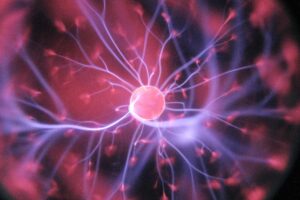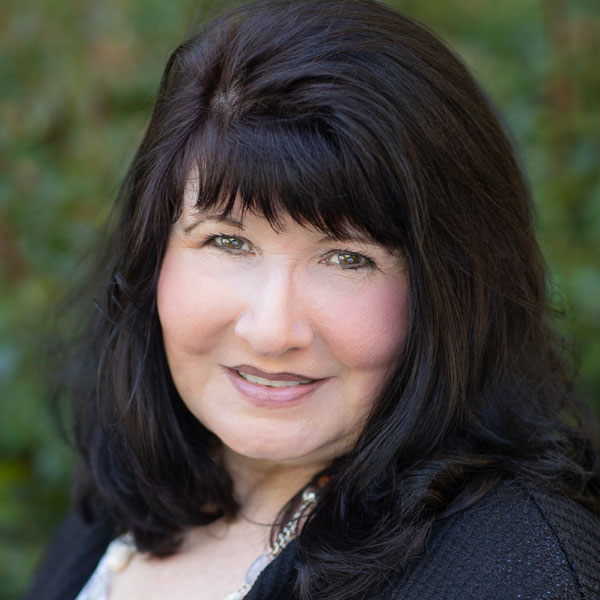The aging process refers to the physiological and mental changes we experience during our lifespan and is an inevitable part of living. It’s a gradual process that begins in early adulthood as cell structures and functions start to decline.
Although you can’t stop the aging process from happening, you can make choices that improve your ability to maintain an active life and continue to do the things you enjoy.
 Common changes that come with the aging process.
Common changes that come with the aging process.
Vision.
As you age, your eyes become drier, your pupils react more slowly to changes in light, and you might become more sensitive to glare, develop cataracts, or need glasses for reading.
Hearing.
As you get older, you may notice changes in your hearing, such as difficulty discerning what people are saying over background noise, or having to ask them to repeat themselves.
Oral health.
As you age, you may experience changes in your teeth and/or gums such as dry mouth and receding gums.
Skin.
Your skin tends to become thinner and less elastic with age. It may feel drier and more sensitive, and wrinkles, lines, and dark spots may appear.
Bones.
As you get older, bone regeneration slows down, which can lead to lower bone density and make you more prone to fractures.
Feet and joints.
A decrease in the production of collagen may cause stiffness and pain in your joints and/or feet.
Memory.
A decrease in the number and mass of brain cells as you age may lead to a slight slowing of memory and thought processes. You may experience momentary lapses in memory such as not remembering where you put your keys or forgetting the name of someone you haven’t seen in a while. However, you are likely to surpass younger people on tests that draw on accumulated knowledge and experience.
Factors that affect the aging process.
Passage of years.
 Chronic diseases tend to increase as you age and certain body organs start to wear down. How soon you notice these age-related changes will vary according to your personal health choices, medical history, and genes.
Chronic diseases tend to increase as you age and certain body organs start to wear down. How soon you notice these age-related changes will vary according to your personal health choices, medical history, and genes.
Getting older, however, doesn’t mean you have to get sicker. Deuteronomy 34:7, ESV tells us that “Moses was 120 years old when he died. His eye was undimmed, and his vigor unabated.”
Genes.
Know your family history and risk factors so you can take steps to improve your lifestyle before a problem arises.
Attitude.
Your mind plays a significant role in how fast you age. Happy, optimistic people tend to be more relaxed, look younger, and have fewer stress related health issues such as high blood pressure. On the other hand, constant anger, distress, or worry can result in premature wrinkles formed by constant scowling.
Lifestyle.
A productive, active lifestyle has a positive effect on your health and longevity.
Preventive health care.
Staying up to date with regular checkups and screenings can reduce the incidence of chronic disease and enable you to identify health problems as early as possible when they are the most treatable.
Sensory aides.
Sensory deficits such as changes in vision and hearing do not have to be accepted as an inevitable part of aging. Treatments are available to improve your sight and sensory aides such as glasses, contact lenses, and hearing aids can restore your quality of life.
Stress.
Stress can decrease your energy and take a toll on your heart and sleep quality.
Smoking and drinking.
Smokers tend to develop wrinkles and fine lines around their mouths, and are more prone to develop bad teeth, eye problems, hardening of the arteries, heart disease, and cancer.
Drinking excessively is also detrimental as it can damage your liver and kidneys, lead to confusion and memory loss,  and cause broken blood vessels or small spider veins to appear on your face. An occasional glass of red wine, however, contains antioxidants and may promote longevity by protecting against inflammation and heart disease.
and cause broken blood vessels or small spider veins to appear on your face. An occasional glass of red wine, however, contains antioxidants and may promote longevity by protecting against inflammation and heart disease.
Sun.
Basking in the sun tends to accelerate premature skin aging. It is the number one cause of wrinkles and skin cancer. You can protect your skin from UV radiation by wearing sunscreen and a wide-brimmed hat.
Diet.
Good dietary habits are critical to longevity. Though they are not the secret to a long life, making healthy nutritional choices will improve your odds. A diet rich in antioxidants, natural foods, fruits and veggies can keep your body looking tighter and younger, whereas one high in fats, sugars, and processed foods causes inflammation and accelerates the aging process.
Weight.
Being over or underweight can add to the aging process. When you are underweight, the skin of your face tends to sag and look more wrinkled. Adding a few pounds can give it a softer, smother look. On the other hand, your metabolism slows down as you age, so you will gain weight if you continue to eat the same amount as usual.
Sleep.
Sleep plays an important role in the healing and repair of your body. Getting adequate sleep helps promote cell regeneration and slow down the aging process.
Brain function.
It is normal for some memory loss to occur with age, but staying mentally active may help keep your mind sharp. Playing games, doing crossword puzzles, engaging in a hobby, learning something new, are all ways of keeping your brain’s juices flowing and enhancing mental function in your older years.
Exercise.
In addition to eating well, staying active is important to your overall well-being. Physical activity can help you maintain a healthy weight, increase flexibility, strengthen your bones and muscles, improve brain function, decrease stress, and lower your risk for heart disease. Walking, swimming, playing a sport, bike riding, and lifting weights, are all good ways to exercise your body and mind at the same time.
Choices.
The daily choices you make can either help or hinder the aging process. Making choices that work with your body rather than against it can help slow down the aging process.
What the Bible says about the aging process.
God promises to stay with you throughout your entire life.
Even to your old age and gray hairs I am he, I am he who will sustain you. I have made you and I will carry you; I will sustain you and I will rescue you. – Isaiah 46:4, NIV
The Bible says we should honor and respect our elders. Old people have been through many experiences and gained valuable wisdom that can help guide younger people.
Stand up in the presence of the aged, show respect for the elderly and revere your God. I am the LORD. – Leviticus 29:32, NIV
Growing older is an honor and a blessing. Gray hair is a crown of glory.
Gray hair is a crown of glory; it is gained in a righteous life. – Proverbs 16:31, ESV
The glory of young men is their strength, but the splendor of old men is their gray hair. – Proverbs 20:29, ESV
Godly people continue to produce fruit even when they are old.
The righteous will flourish like a palm tree, they will grow like a cedar of Lebanon; planted in the house of the LORD, they will flourish in the courts of our God. They will still bear fruit in old age, they will stay fresh and green, – Psalm 92:12-14, NIV
Our earthly bodies may become weary as we age, and we may be subject to aches and pains, but this discomfort is only temporary.
So we do not lose heart. Though our outer self is wasting away, our inner self is being renewed day by day. For this light momentary affliction is preparing for us an eternal weight of glory beyond all comparison. – 2 Corinthians 4:16-17, ESV
Christian counseling for the aging process.
If you have questions or feel you need support navigating through the aging process, please contact us to set up an appointment with a qualified Christian counselor.
Resources:
Mayo Clinic Staff (November 19, 2020). Aging: What to expect, Mayo Clinic, https://www.mayoclinic.org/healthy-lifestyle/healthy-aging/in-depth/aging/art-20046070.
Richard G. Stefanacci, DO, MGH, MBA (May 2022). Overview of Aging, Merck Manual.
Photos:
“Grandpa and Granddaughter”, Courtesy of Getty Images, Unsplash.com, Unsplash+ License; “Neurons”, Courtesy of Hal Gatewood, Unsplash.com, CC0 License; “Cooking”, Courtesy of Jason Briscoe, Unsplash.com, CC0 License; “Night Light”, Courtesy of Beazy, Unsplash.com, CC0 License






